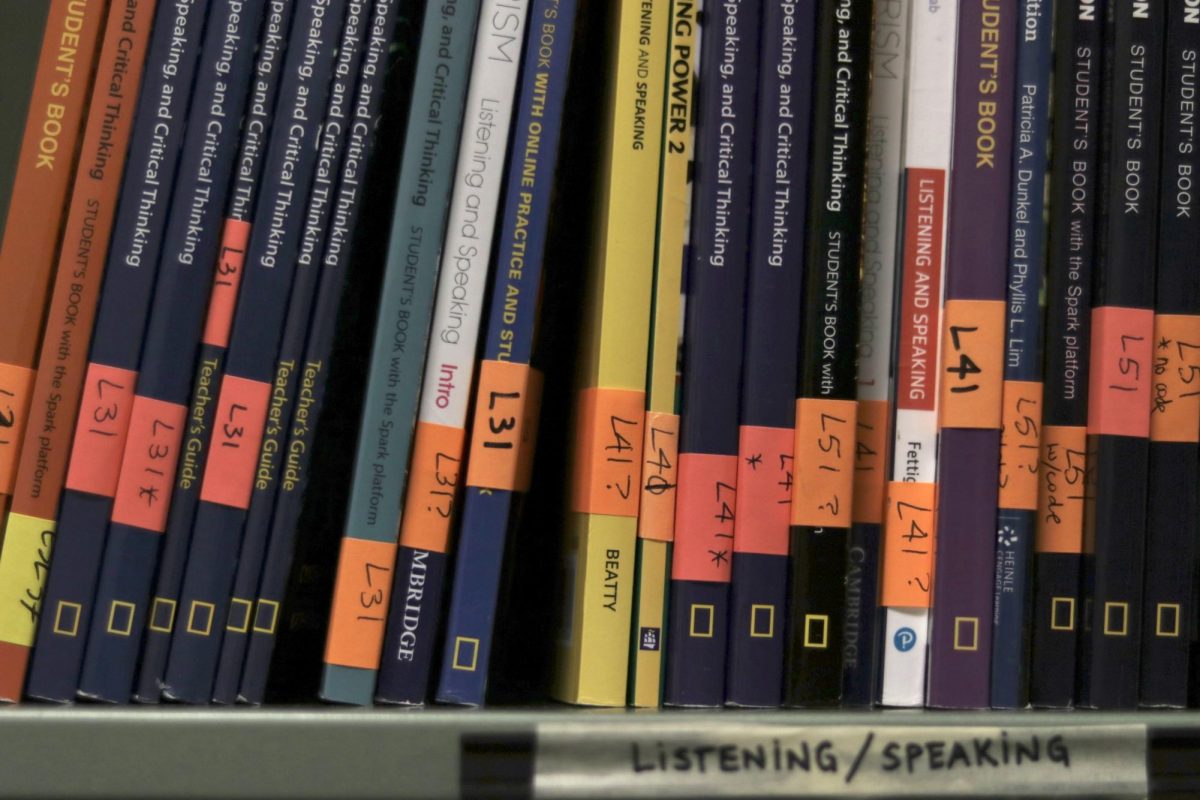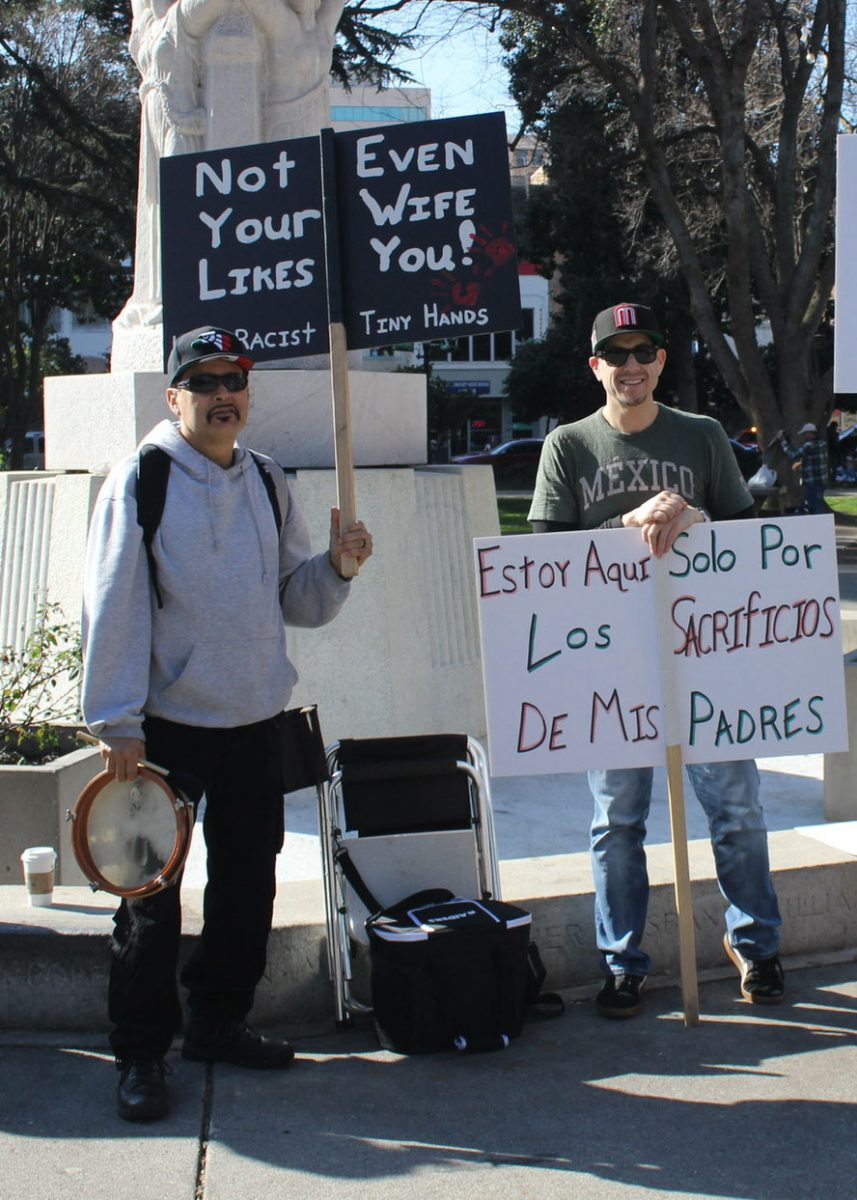Governor Brown signed into law Thursday a bill that will allow select community colleges to charge non-resident fees for additional high-demand classes to be offered during winter and summer intersessions.
Assembly Bill 955 creates a pilot program that will be offered to six California community colleges that suffer from high levels of overcrowding, and to as many as 11 community colleges by July 2014. Participation in the program is optional and it is unknown which of the six colleges offered the program will implement it.
The bill, written by Assemblyman Das Williams, will see the price for these courses go from $46 to $200 per unit, with one-third of the money earned going towards replenishing funds for the Board of Governors (BOG) fee waiver.
Although the additional courses are an attempt to solve overcrowding in community colleges, not all students see it as beneficial.
“Most of these courses are classes needed to graduate,” American River College law major Traci Kelly said. “The state needs to help students finish their degrees faster by providing the courses that we need, not by gating access to classes through increased prices.”
California community colleges are a valuable medium for many people seeking higher education, and lower tuition and friendlier admittance policies provide students the opportunity to obtain a college degree that would otherwise be unavailable.
“While its (AB 955) impact is still vague to me in some ways, I do think that the bill tends to undermine equal access to all community colleges by creating a ‘pay-to-play’ system that would create fee levels at the pilot colleges greater than those at CSUs,” American River College interim president Bill Karns said. “Perhaps even more important to me is the fact that the bill, at least as I understand it, runs counter to an element of the PROP 30 campaign of maintaining affordable higher education, because I think that it tends to work against that.”
The average income of a California Community College student is $16,233, while one-fourth of the people receiving education from these colleges earn less than $5,544 per year, according to the Foundation for California Community Colleges.
“This lack of classes will turn away people who need these classes to develop the professional skills they need to qualify for high-paying jobs,” Williams said in a press release. “I am grateful that the governor has the vision to give this pilot program a chance.”













